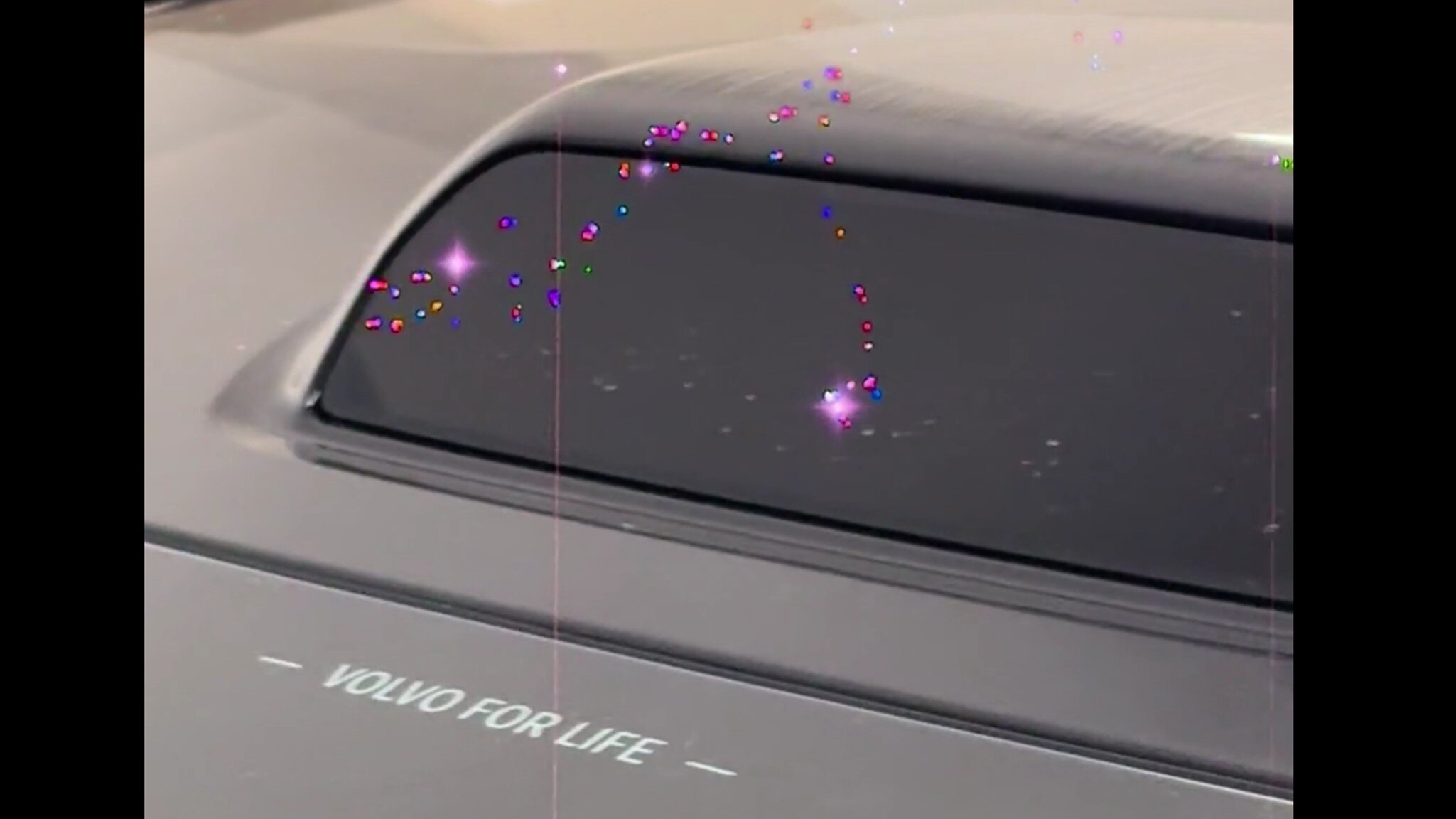C. Scott Brown / Android Authority
TL;DR
- A car’s lidar sensor can permanently damage your phone camera if you point it directly at it.
- A Galaxy S24 Ultra owner reported similar damage after attending a laser-heavy light show.
- Experts warn that a laser can be safe for the eyes but still harmful to phone camera sensors, especially at close range.
Smartphone users used to be most concerned about the risks of dropping their devices or getting them wet. However, with the improvements to durability and waterproofing in flagship devices, perhaps you should be more concerned about whether you’ll accidentally fry your phone camera with lasers.
As highlighted by The Drive, some Volvo EX90 owners are learning the hard way that the SUV’s roof-mounted lidar sensor can seriously mess with your phone camera. A Reddit user shared a video showing exactly what happens when the device’s infrared laser hits a phone’s lens — fried pixels and visible damage that doesn’t go away. The video is worth a watch to see the damage occurring in real time.
The issue was serious enough that Volvo issued a warning earlier this year, stating plainly on a support page, “Do not point a camera directly at the lidar.” The company explained to The Drive that “close-up” shots are the real danger, and offered a tip for cautious photographers: filters or protective covers can help, and some camera sensors have built-in defenses. But generally, if you see a lidar pod, it’s best to keep your phone pointed elsewhere.

The colorful specs in the video are pixels on the camera being fried by the lidar system.
And it’s not just lidar. A separate Reddit post from last week, shared in the r/samsunggalaxy subreddit, tells a similar tale. After attending a local event with rooms full of colorful lighting and laser effects, one Samsung Galaxy S24 Ultra user noticed their phone’s main lens had developed a strange white dot and two intersecting lines. The pattern remained across apps that use the camera and only showed up on specific zoom levels. These are telltale signs of laser damage, according to other commenters in the thread.
None of this should be surprising to laser pros. The International Laser Display Association (ILDA) has long warned that camera sensors are more vulnerable than the human eye. While concert lasers are usually eye-safe, they can easily fry phone camera sensors, especially when the full laser beam enters a camera lens directly. That’s why laser show producers avoid hitting professional video equipment and projectors where possible, but they can’t be responsible for the camera in every audience member’s pocket.
With lidar-equipped vehicles and laser-heavy light shows becoming more common, these incidents may become more frequent. It’s a problem most people won’t know about until it’s too late, and their $1,000 phone is stuck with a permanent scar.


